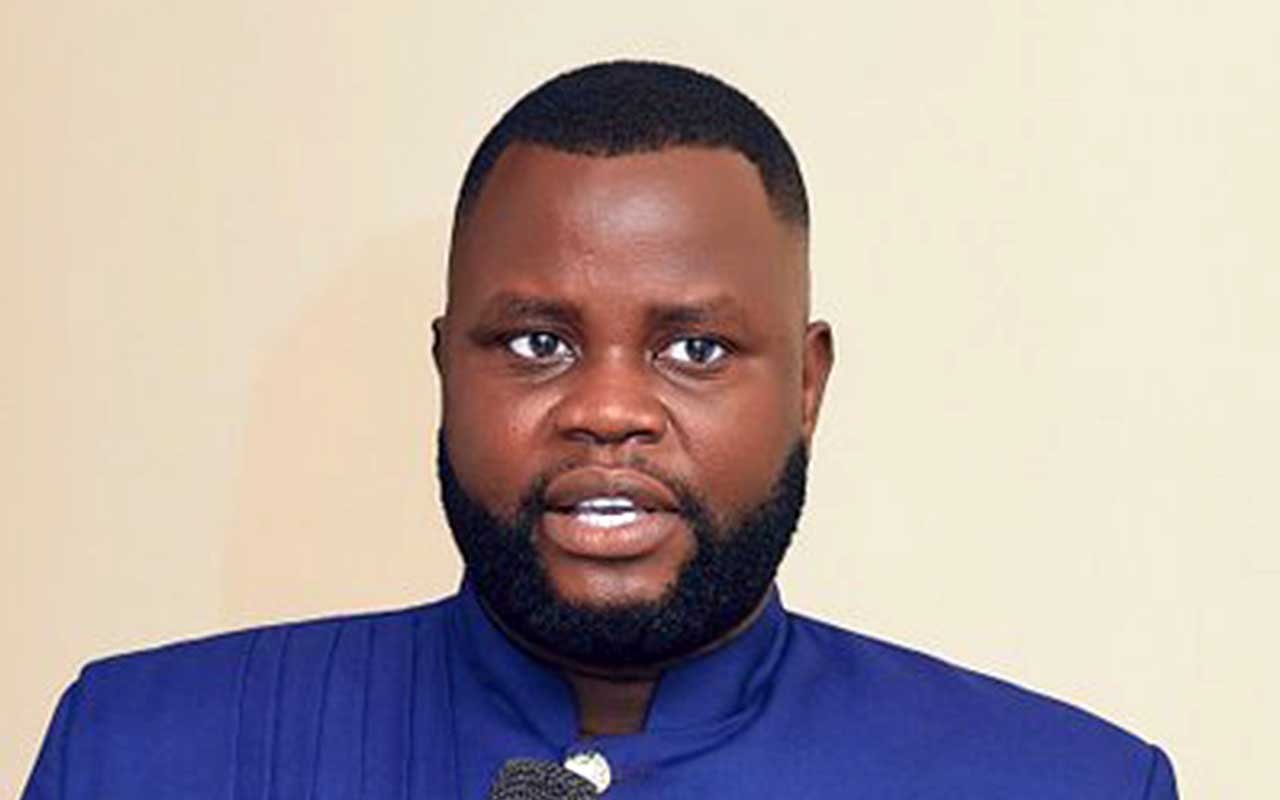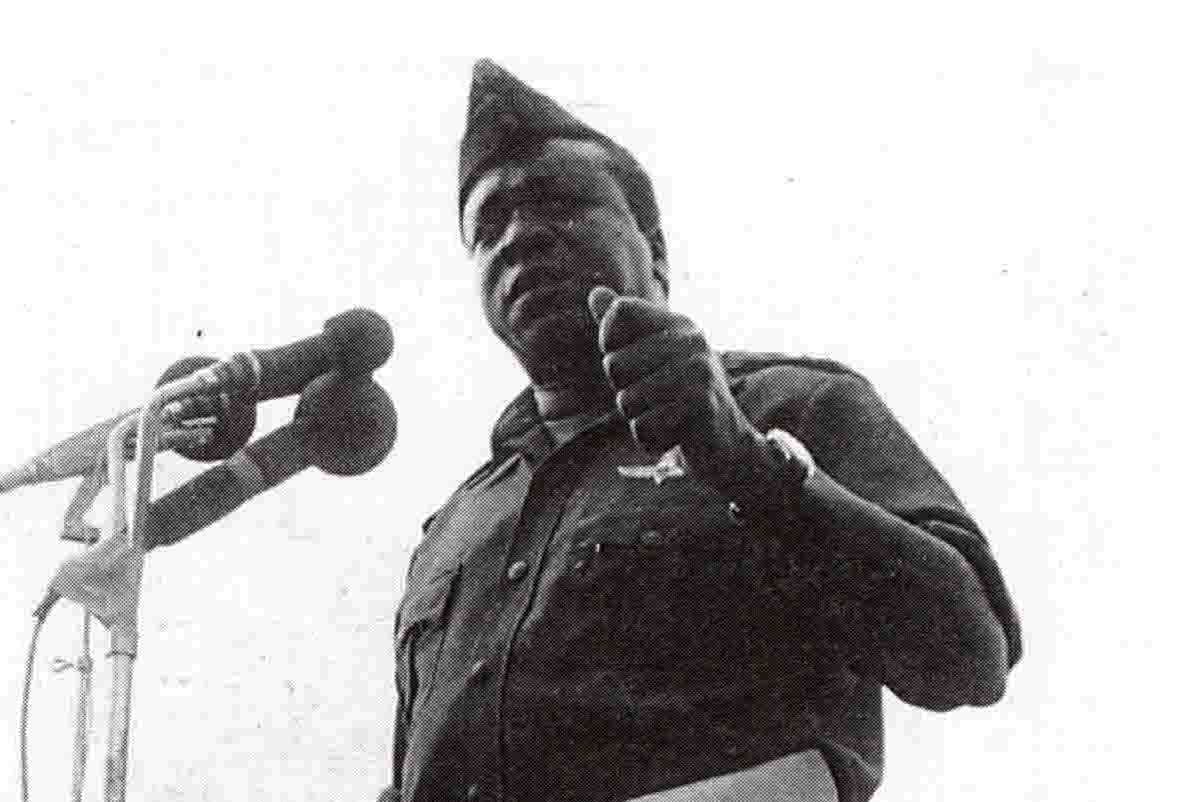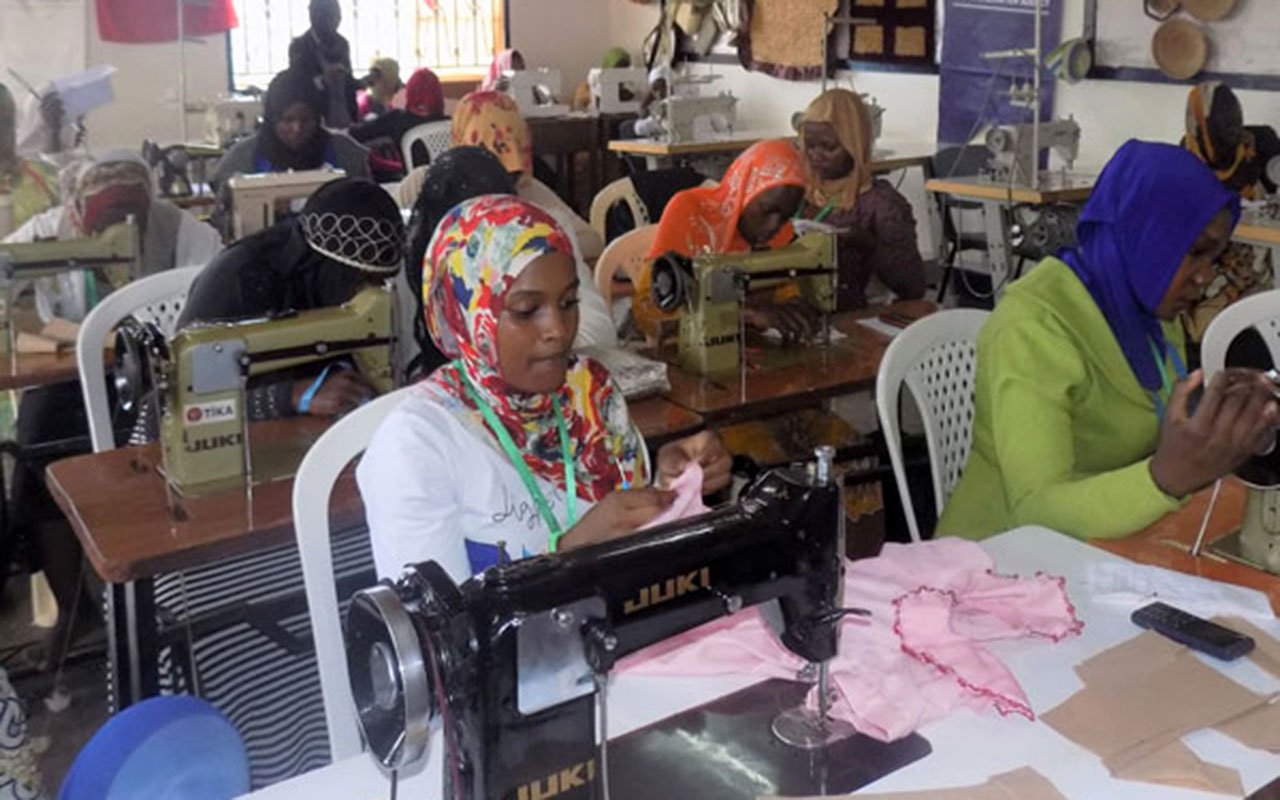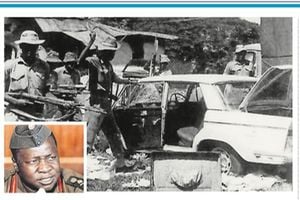Is Uganda truly independent?

Mr Moses Kayz Osiya. Photo/Courtesy
What you need to know:
- The UK and US in April and May this year sanctioned Speaker of Parliament Anita Among, as well as former and current Cabinet ministers on claims of engaging in serious corruption.
Uganda was ruled by the British from the late 1800s until it gained independence on October 9, 1962.
Before Independence, Uganda was ruled from London, UK, under British governors appointed by the Queen’s government. The country’s independence was attained through struggle, toil, sweat, and disagreements among anti-imperialism protesters, often ending in imprisonment and deportation.
However, from 1962, the country has been patiently waiting for a democratic transfer of power to no avail. All nine presidents the country has had since independence have captured power through some sort of violence or undemocratic means.
As Uganda celebrates its 62nd independence on Wednesday, October 9, it is clear that we are not yet ‘free’, the only difference being that we are not being governed by White colonialists but another bunch of colonialists in Black skins.
President Museveni’s government, which has been in place since 1986, is currently characterised by massive corruption, unemployment, poverty, political repression and so on.
Corruption and poor governance hinder effective self-determination, allowing foreign interests to manipulate local resources and policies. Is this independence?
In 1980, Mr Museveni and his Uganda Patriotic Movement (UPM) lost an election to Milton Obote and his Uganda Peoples Congress (UPC). In protesting the results, Mr Museveni launched a guerrilla war, which brought him to power six years later in 1986.
After Mr Museveni ascended to power, the country seemed to return to relative peace, but just for a limited period. Soon after, another war began in northern Uganda. Led by Joseph Kony, the Lord’s Resistance Army (LRA) rebellion brought untold suffering, especially to the people of northern Uganda for more than 20 years. Death, displacement and despair become the norm. A whole generation of youth in the region did not know what a normal home meant.
In Uganda today, space for dissenting voices seems to evaporate every passing minute. Arrests and intimidation are very common. The brutality with which the government’s coercive institutions handle, especially the members of the Opposition, makes even the former rulers of this country shudder in their graves.
Sixty two years down the road, we are still far from being independent. Economically, the country remains heavily reliant on foreign aid and debt. Politically, Uganda’s sovereignty is further compromised by the influence of foreign powers. International entities frequently exert pressure on the Ugandan government regarding human rights and governance, leading to decisions that align more with external expectations than with the will of its citizens. This dynamic raises concerns about the true independence of Uganda’s political landscape.
The UK and US in April and May this year sanctioned Speaker of Parliament Anita Among, as well as former and current Cabinet ministers on claims of engaging in serious corruption.
Moreover, Uganda’s trade relationships are vulnerable to fluctuations in global markets dominated by more powerful nations. This vulnerability undermines the country’s capacity to make independent decisions that benefit its citizens.
Culturally, globalisation has led to the infiltration of foreign values that overshadow traditional Ugandan practices, further eroding the nation’s cultural independence.
As we celebrate the day, we should reflect on how the country is governed and our ways of life. As Ugandans gather at Busikho Teachers Demonstration Primary School grounds, Busia District on Wednesday for the national celebration of Independence, they should reflect on the question of whether Uganda is truly independent.
Moses Kayz Osiya is a lawyer and businessman
[email protected]




